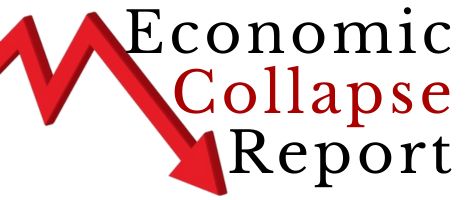Sometimes, official reports have a way of saying more than some in Washington want to hear. For instance, a group of Democrat lawmakers recently asked the Congressional Budget Office (CBO) for additional information about the consequences if enhanced Obamacare Exchange subsidies expire at the end of next year.
The lawmakers got the answer they wanted from CBO — namely, the number of uninsured Americans would rise. But they also received more information they probably didn’t want to know because it undermines the case for extending the increased subsidies: Millions of Americans are receiving government subsidies they do not particularly want, meaning Washington should stop wasting billions of taxpayer dollars on these “zombie enrollees.”
Inertia When Subsidies Expire
In the letter, CBO concluded that should the higher subsidies expire as scheduled in December 2025, the number of uninsured Americans would rise in 2026 and beyond. But the budget gnomes also believe that the effects of the change would unfold over multiple years:
Without a permanent extension, CBO estimates, the number of uninsured people will rise by 2.2 million in 2026, by 3.7 million in 2027, and by 3.8 million, on average, in each year over the 2026-2034 period. (The initial increase is significantly smaller because CBO expects that some people will remain temporarily enrolled after the expanded credits expire at the end of 2025. CBO assumes enrollees would need time to fully respond to the expiration, for example, because of automatic renewal policies.)
It’s worth unpacking that paragraph. CBO thinks the number of uninsured will rise modestly because people will, for whatever reason, find their premiums unaffordable when the higher federal subsidies expire — a fair enough assumption.
But focus on the last sentence, where the budget office says “enrollees would need time to fully respond to the expiration … because of automatic renewal policies.” In CBO’s estimation, roughly 40 percent of the total increase in the uninsured (1.5 million out of 3.7 million) would come over a year after the increased subsidies expire, and this inertia would occur because they were automatically renewed in a plan. […]
— Read More: thefederalist.com


